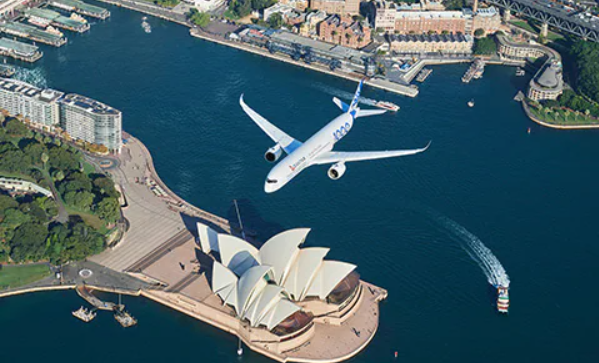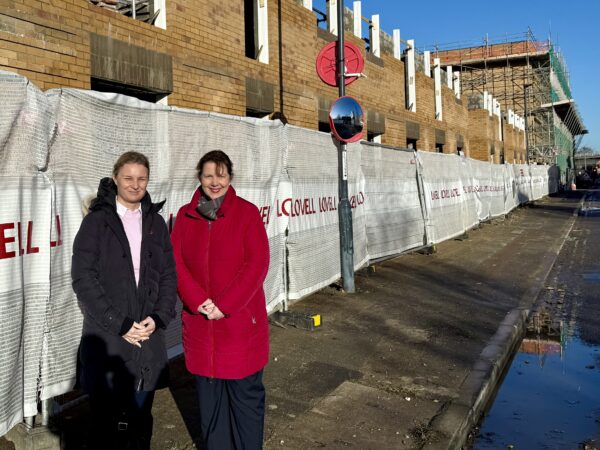Latest News | 10 May 2022
Rolls-Royce to power a new dawn for Project Sunrise

Rolls-Royce has secured a deal with Qantas to supply engines for new aircraft, which will support the Australian airline’s ambition to operate the world’s longest commercial non-stop flights.
The engineering giant, which has its civil aerospace division in Derby, is to supply Trent XWB-97 engines for a fleet of 12 Airbus A350-1000s.
Dubbed Project Sunrise, the aircraft will allow passengers to fly direct between London or New York to the Australian east coast cities of Sydney and Melbourne.
The deal also includes a TotalCare service agreement, which will see Rolls-Royce maintain the engines during their service life.
Ewen McDonald, chief customer officer at Rolls-Royce Civil Aerospace, said: “We have been powering Qantas aircraft for more than 40 years and we are delighted to be making more history with Qantas on Project Sunrise.
“This project is closely aligned with our company’s passion for pioneering new innovation and achieving industry firsts.
“Our Trent XWB engine already has a pedigree in powering ultra-long-haul flights and doing so with the maximum efficiency and reliability.”

The Trent XWB-97 is regarded as the world’s most efficient large aero engine in service today, delivering a 15% fuel consumption advantage over the first Trent engine, enabling airlines to fly further on less fuel.
It is also ready to operate on Sustainable Aviation Fuels (SAFs) as they become more available to airlines in the future.
Rolls-Royce is committed to making all of its Trent engines compatible with 100% SAF by 2023.
In addition, through industry leading engine efficiency the Trent XWB has contributed to avoiding more than 10 million tonnes of CO2 since it launched in 2015.
The Trent XWB was designed and developed in Derby, where it is now built.
Following its entry into service in 2015, the Trent XWB, which exclusively powers the Airbus A350, quickly became the fastest selling large engine of all time.
It has now achieved more than eight million engine flying hours in service with more than 30 operators.


